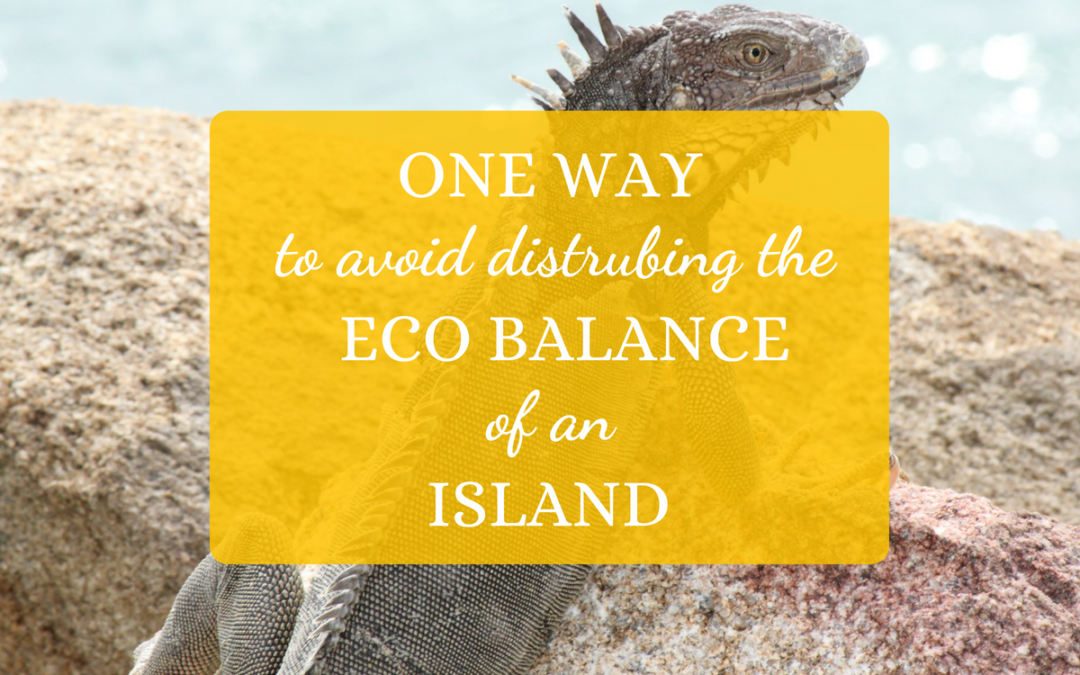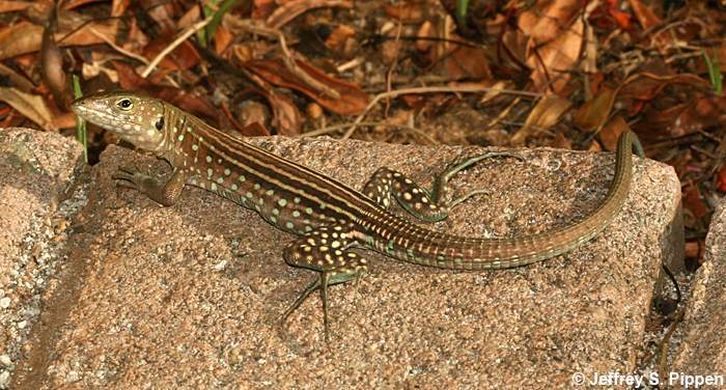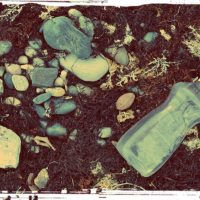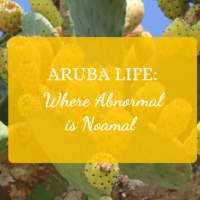I have a confession to make. In my early days on Aruba, I committed a crime against nature, and what’s worse – I took a picture of it and posted it on my MySpace account. As far as crime scene pictures go, this one was stunningly beautiful: a stack of rocks about 2 feet tall, impressively balanced and framed by Aruba’s sandy colored coast and cerulean sky.
Some local friends had taken me on an island tour and we stopped to make a wish stone formation by the gold mine ruins. It seemed like a harmless hobby. I certainly never dreamed that I was unwittingly disturbing the eco balance of the island. This was more than 10 years ago. Back then, you saw the man-made cairns that I’m referring to dotting the landscape here and there, but they were nowhere near as prevalent as they are today.

Stacks of rocks on Aruba’s rugged north-coast.
Historically, humankind has stacked rocks for many reasons. Most commonly, rock formations built by man have marked places of special religious or cultural significance, honoring the dead and serving as visual breadcrumbs for people to follow trails. However, in recent times, it’s become almost a fad for people leave rock stacks in beautiful places. Most of us don’t get to spend enough time in nature, so it’s understandable that we would want to stake a tiny claim of gorgeous land somewhere and leave a little bit of ourselves there for a while. So we make our pretty rock stacks, take a lovely photo, and go our merry ways without ever once considering the fact that we are destroying prime real estate on Aruba’s rugged north side.
Imagine for a moment that you’re a lizard. You’re very small, you like to eat bugs, and pretty much every creature that is not a bug wants to eat you. You’re running from a particularly aggressive Warawara, an indigenous bird of prey, and you find yourself lost in a graveyard of wish stones. You’re desperate for someplace to hide, but there are no piles of rocks to provide sanctuary. You frantically dart from rock formation to rock formation, looking for one tiny hidey hole where you can cower in fear until your predator gets bored and flies away but, alas, there is nothing. You hear a victorious screech disturbingly close behind you then, suddenly, the bird’s outstretched talons knock a rock stack over and you get crushed to death. That’s not exactly the way the circle of life is supposed to play out down here.
It’s not just our little lizards that suffer from the rock stacks; there are a host of creatures that make their home in the craggy cliffs around Aruba’s shoreline and you can trust me when I tell you that none of them are looking for an architect.
This is not just a problem in Aruba. You can find blog posts from parks and wildlife sanctuaries all around the world asking their visitors not to disturb the rocks because they are a vital part of any ecosystem. There are so few wild places left in the world. When we humans visit those places, we should strive to leave no mark on them and take only the memory of their majesty with us when we leave.
If you really need to make a wish, might I suggest that you simply remember that old childhood poem:
Star light, star bright, first star I see tonight, I wish I may, I wish I might, have this wish I wish tonight.
– – –
[Originally published in H&H magazine]















